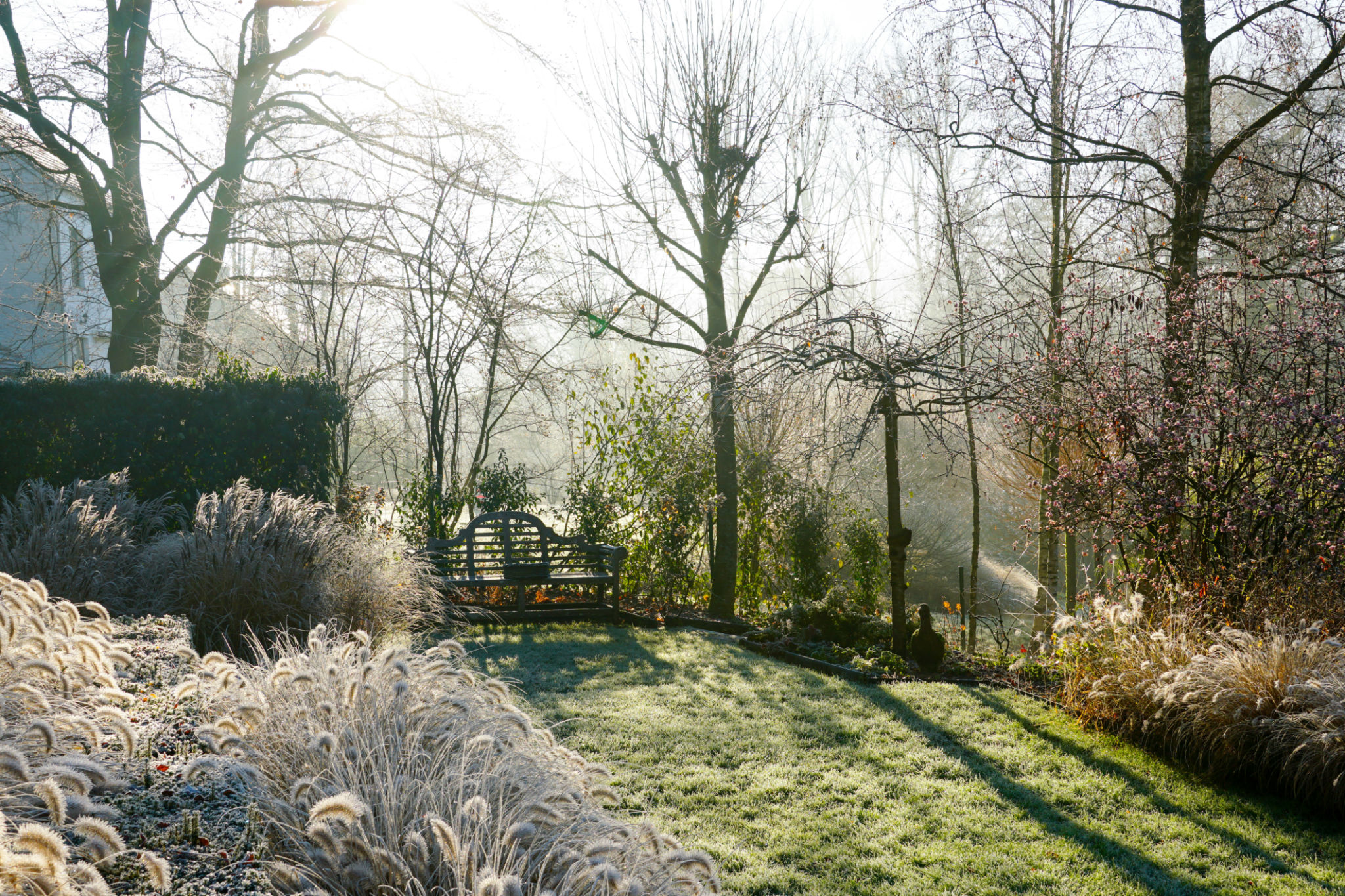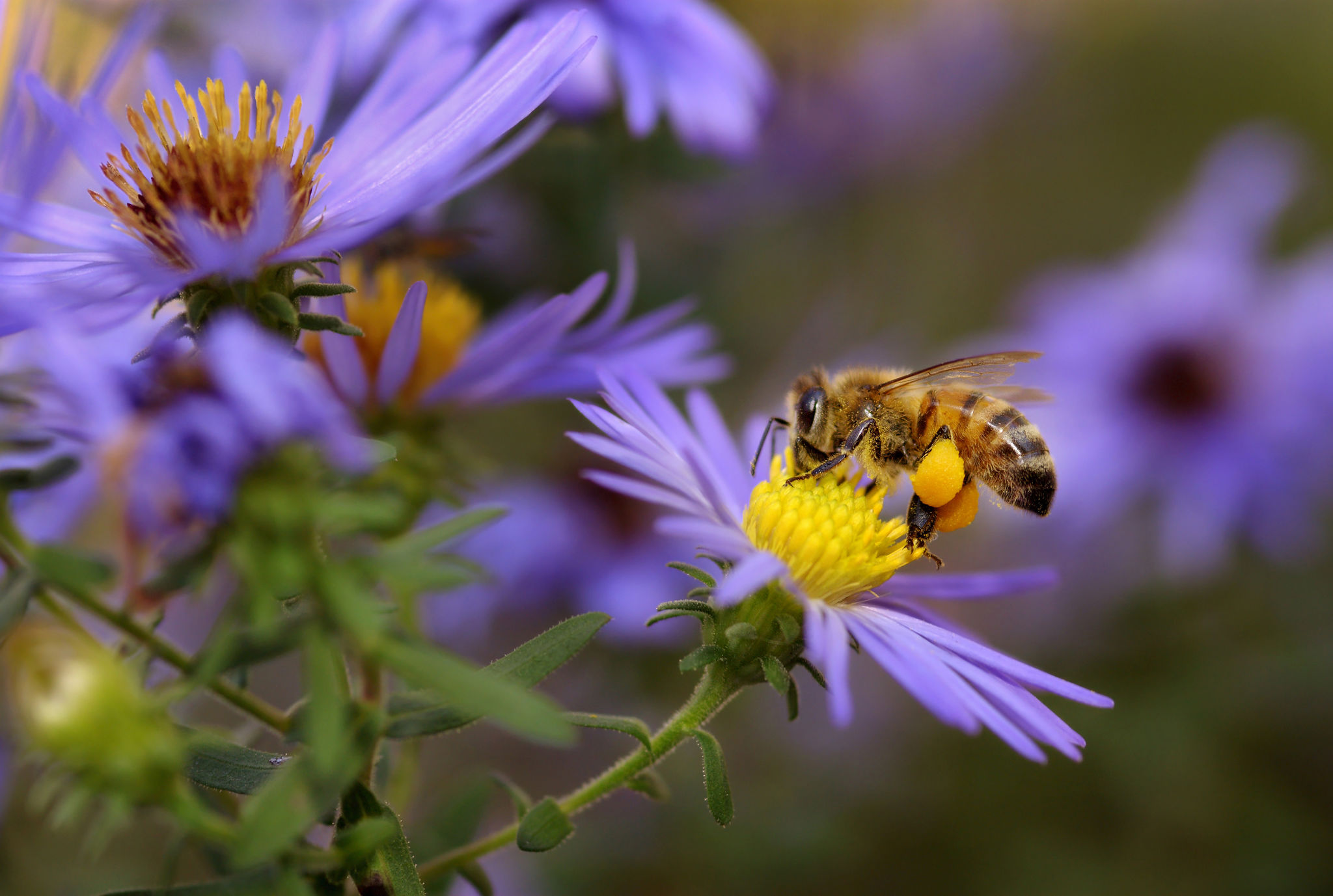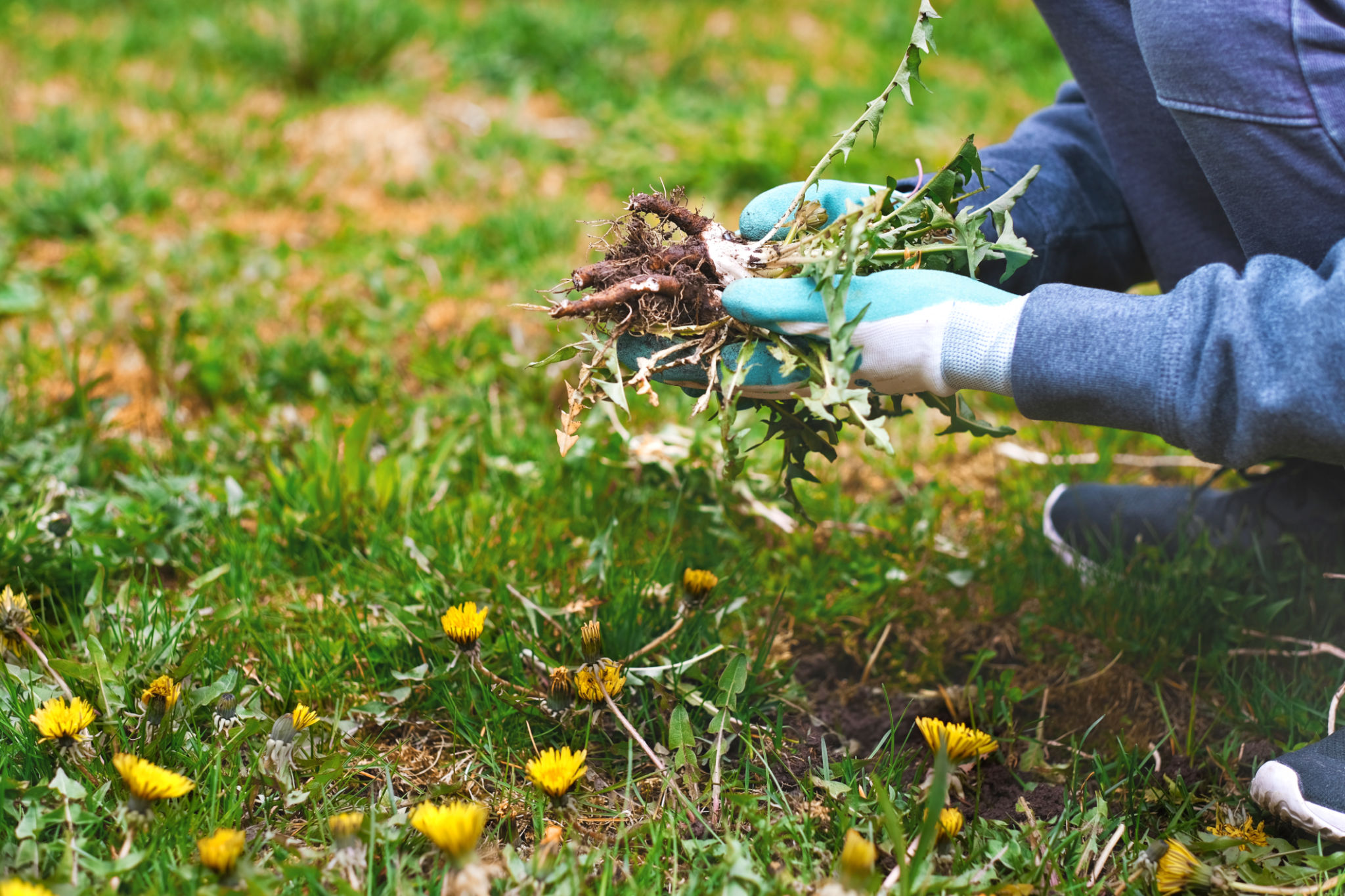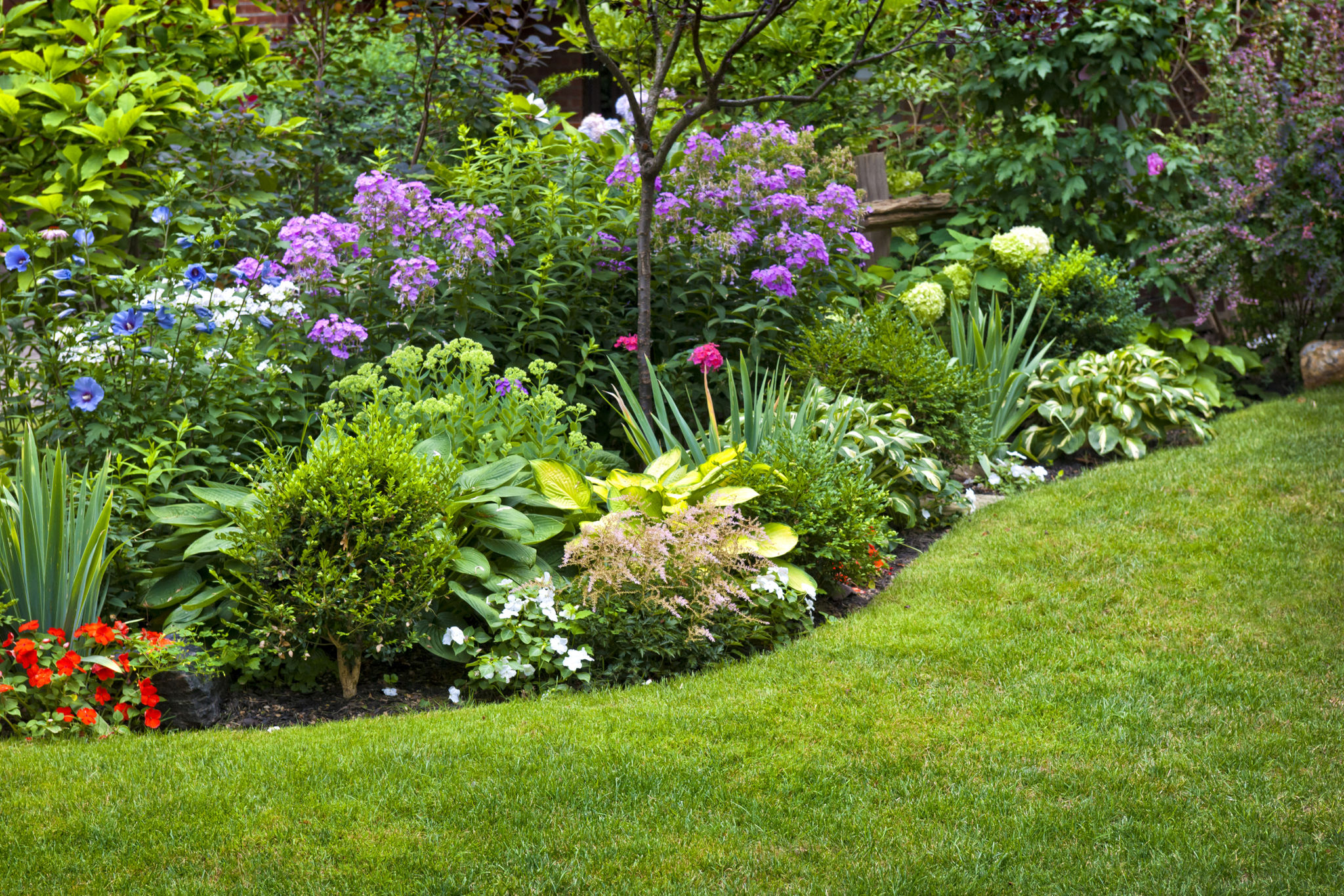Choosing the Right Plants for Your Ecological Garden in Belgium
Understanding the Climate and Soil in Belgium
Belgium's climate is characterized by mild temperatures and ample rainfall, making it ideal for a variety of plant species. However, understanding the specific soil type in your garden is crucial for optimal plant growth. Belgium's soils range from sandy in the north to clay-rich in the south. Conducting a soil test can help determine the pH and nutrient content, guiding you in selecting plants that will thrive.

Choosing Native Plants for Sustainability
Native plants are an excellent choice for an ecological garden as they are well-adapted to local conditions and require less maintenance. In Belgium, consider including species like the European Beech, Wild Cherry, and Common Hawthorn. These plants not only enhance biodiversity but also support local wildlife by providing habitat and food sources.
Additionally, native plants typically need less water and fertilizer, reducing the environmental impact of your garden. By opting for native species, you're contributing to a healthier ecosystem and ensuring your garden remains resilient to climate changes.
Incorporating Pollinator-Friendly Plants
To boost biodiversity, include pollinator-friendly plants that attract bees, butterflies, and other beneficial insects. Flowering plants such as Lavender, Echinacea, and Buddleia are not only beautiful but also play a vital role in supporting pollinators. Creating a diverse planting scheme with staggered blooming times ensures that nectar and pollen are available throughout the growing season.

Creating a Balanced Ecosystem
An ecological garden thrives on balance. Introducing a mix of grasses, shrubs, flowers, and trees can create a layered ecosystem that supports various forms of life. Consider using companion planting techniques to naturally deter pests and promote plant health. For example, planting marigolds alongside vegetables can help repel nematodes and other harmful insects.
Furthermore, adding a water feature such as a small pond can attract birds and amphibians, enriching the ecological value of your garden.
Dealing with Invasive Species
When planning your ecological garden, it's essential to be aware of invasive species that could disrupt the local ecosystem. Plants such as Japanese Knotweed and Giant Hogweed should be avoided as they can outcompete native flora and lead to biodiversity loss. Regularly monitoring your garden for invasive species is crucial to maintaining ecological balance.

Seasonal Considerations for Planting
The timing of planting is critical for ensuring plant survival and growth. In Belgium, the best times for planting are in spring and early autumn when the weather is mild. This allows plants to establish roots before the more extreme temperatures of summer or winter. Planning your planting schedule according to seasonal changes can increase the success rate of your garden endeavors.
Including a variety of perennials ensures that your garden remains vibrant throughout the year, providing structure and interest even during the winter months.
Utilizing Ground Cover Plants
Ground cover plants are a sustainable solution for preventing soil erosion and suppressing weeds. Consider using species like Creeping Thyme or Ivy, which provide excellent coverage while adding aesthetic value. Ground covers also help retain soil moisture, reducing the need for frequent watering.

Conclusion: Planning for Longevity
Creating an ecological garden in Belgium requires thoughtful planning, but the rewards are well worth the effort. By choosing the right plants suited to your local environment, you can cultivate a garden that is not only beautiful but also beneficial to the ecosystem. Embrace the diversity of native species and sustainable practices to ensure your garden thrives for years to come.
An ecological approach to gardening fosters a deeper connection with nature, allowing you to enjoy a harmonious outdoor space that supports biodiversity and environmental health.
